Summaries of books by Robert H. Frank:
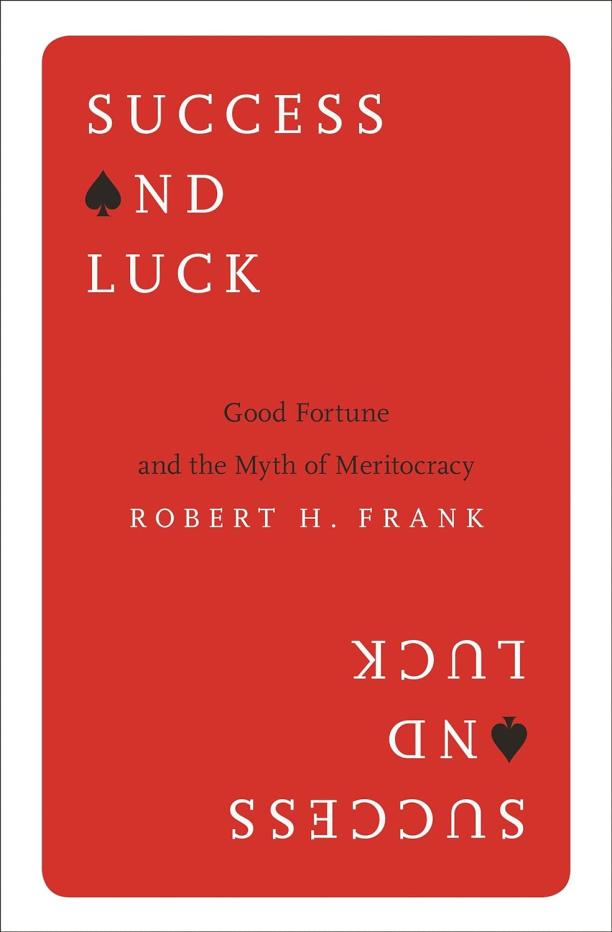
Success and Luck
Good Fortune and the Myth of Meritocracy
Robert H. Frank
The book challenges the notion that success is solely a result of individual effort and merit, arguing that luck plays a significant role in achieving prosperity. It delves into the psychological and economic implications of this perspective, advocating for a greater appreciation of the role of chance in success and for public policies that reflect this understanding.
See full summary
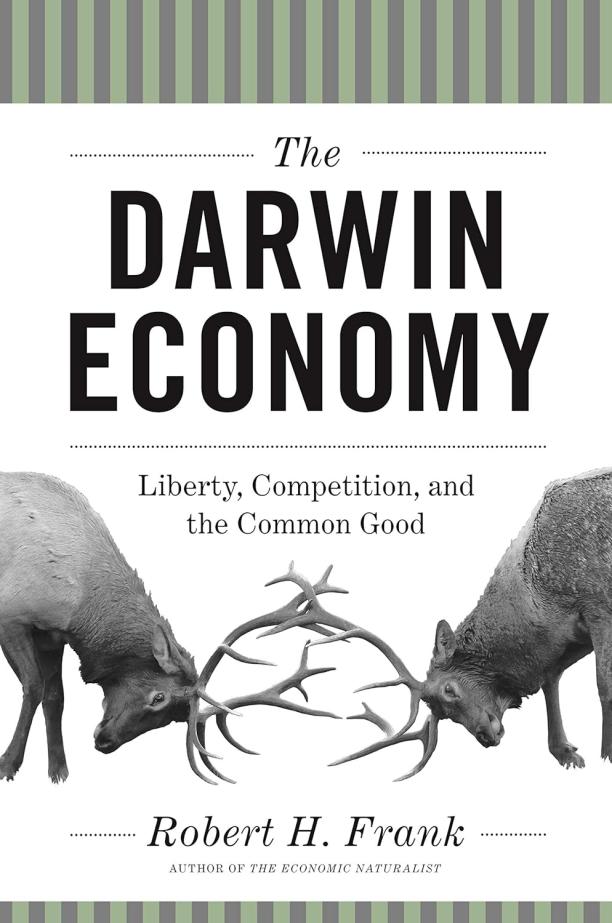
The Darwin Economy
Liberty, Competition, and the Common Good
Robert H. Frank
The book argues that Charles Darwin's understanding of competition describes economic reality more accurately than Adam Smith's, suggesting that individual interests often conflict with the common good. It proposes that public policies should be designed to align individual incentives with collective interests, advocating for measures like progressive consumption taxes to address the inefficiencies of unfettered markets.
See full summary
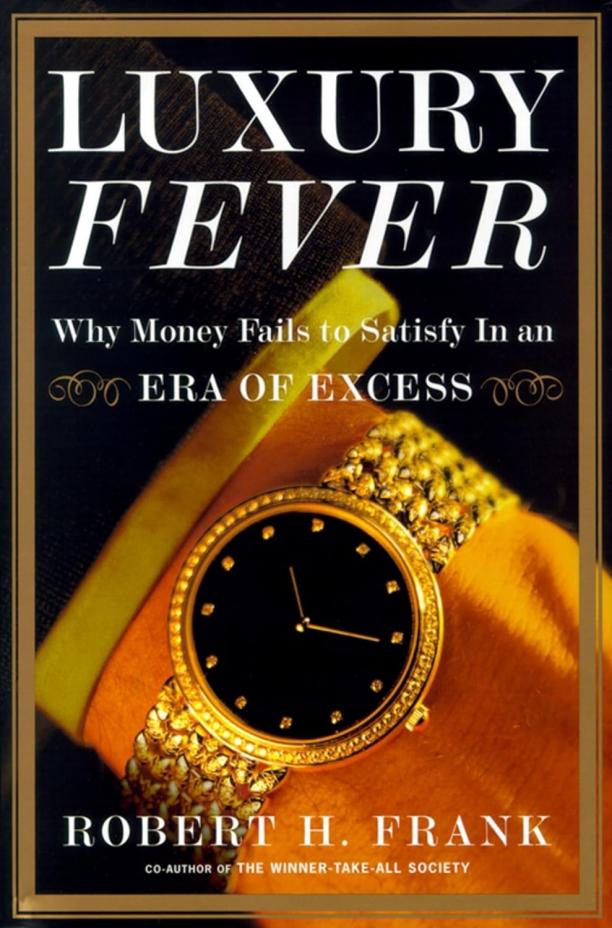
Luxury Fever
Why Money Fails to Satisfy In An Era of Excess
Robert H. Frank
The book examines the societal and psychological impacts of consumerism, particularly focusing on how the relentless pursuit of luxury goods fails to bring lasting happiness. It explores the consequences of income inequality and the ways in which conspicuous consumption is driven by a desire to signal status, often at the expense of personal and social well-being.
See full summary
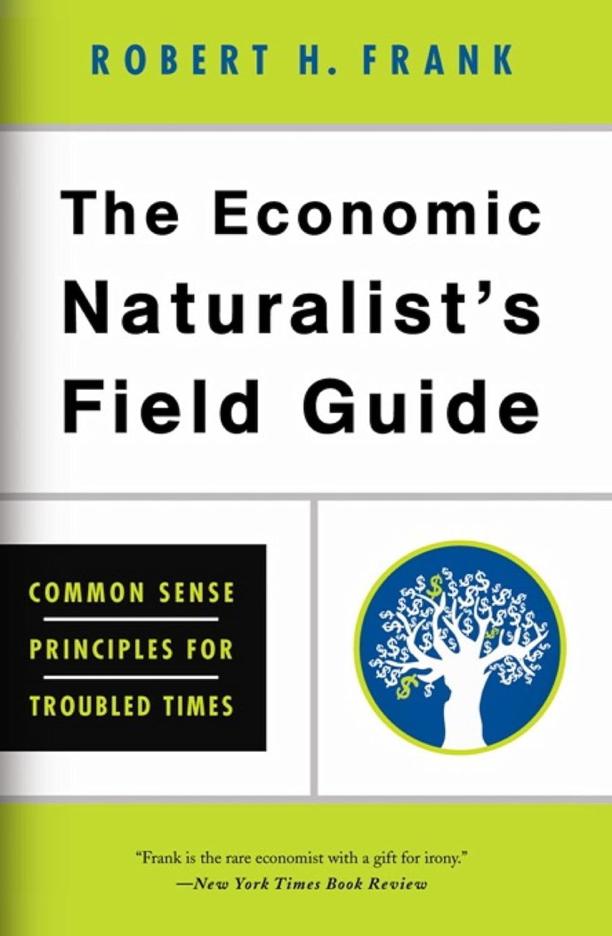
The Economic Naturalist's Field Guide
Common Sense Principles for Troubled Times
Robert H. Frank
The book presents a collection of essays that explore economic principles through real-world examples, illustrating how understanding economics can help make sense of complex societal issues. It delves into topics such as the importance of context in economic decisions, the role of luck in success, and the impact of individual choices on the broader economy.
See full summary
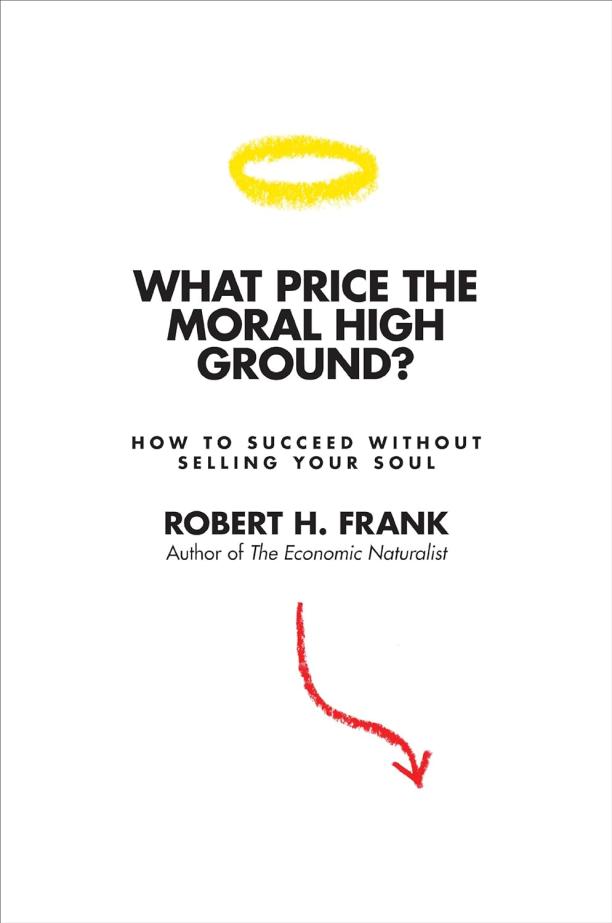
What Price the Moral High Ground?
How to Succeed without Selling Your Soul
Robert H. Frank
The book examines the intersection of ethics and economics, arguing that businesses can be profitable while maintaining ethical standards. It presents evidence that companies which prioritize the well-being of their employees, customers, and the environment often outperform their less scrupulous competitors in the long run.
See full summary